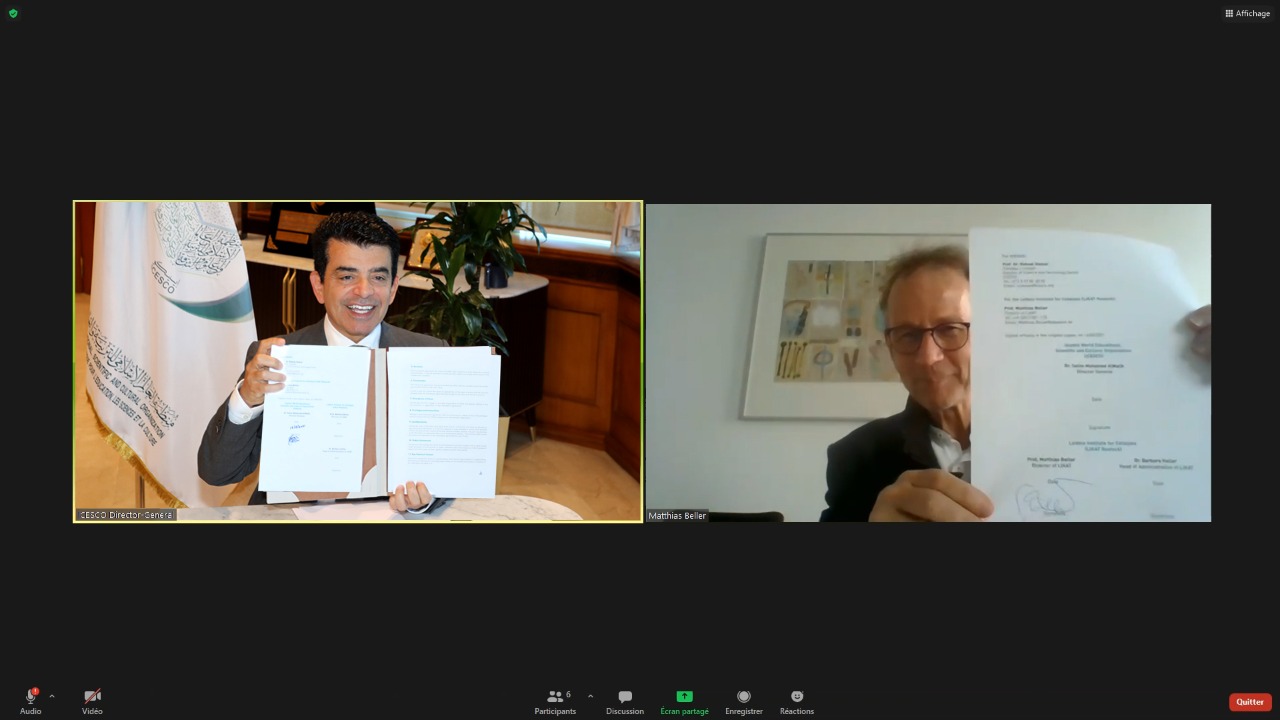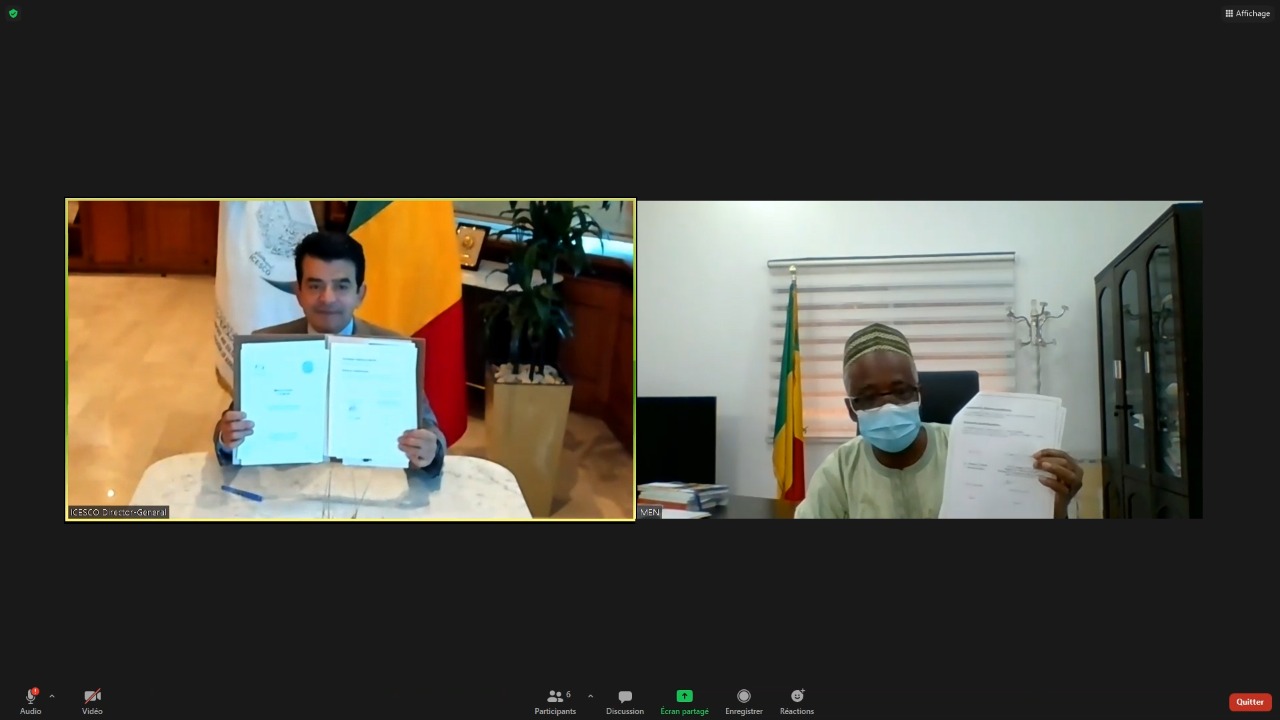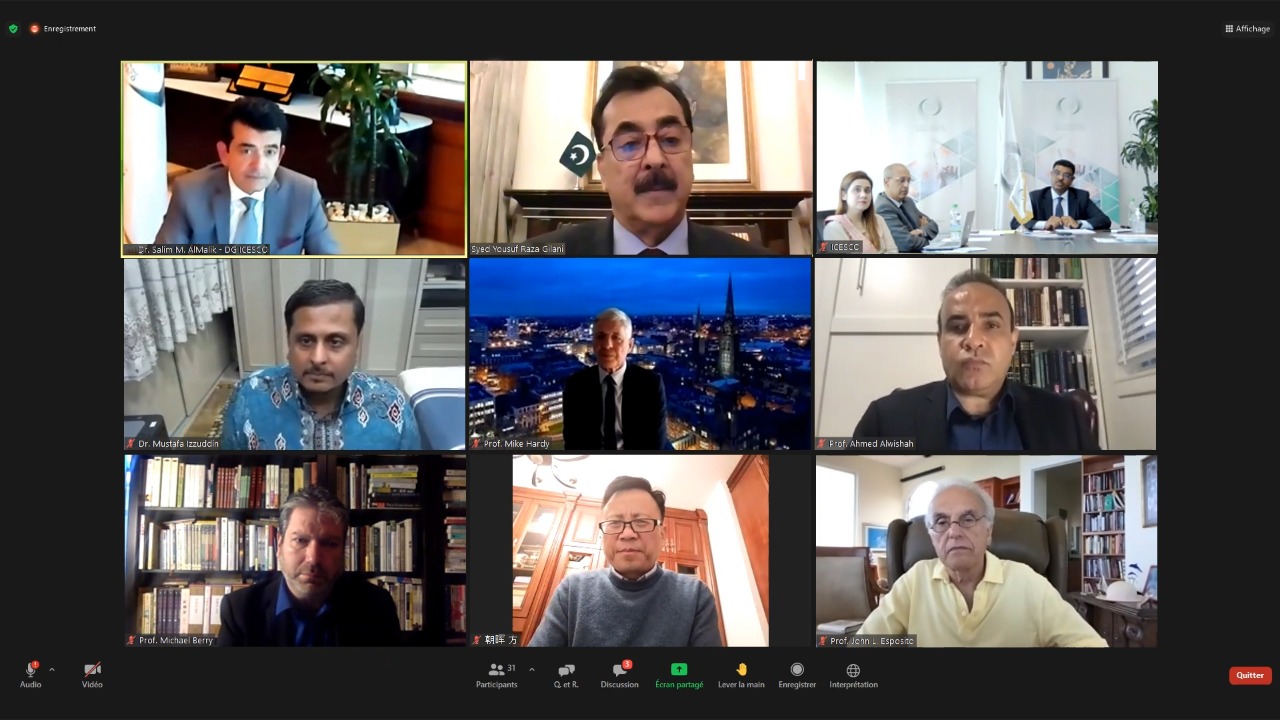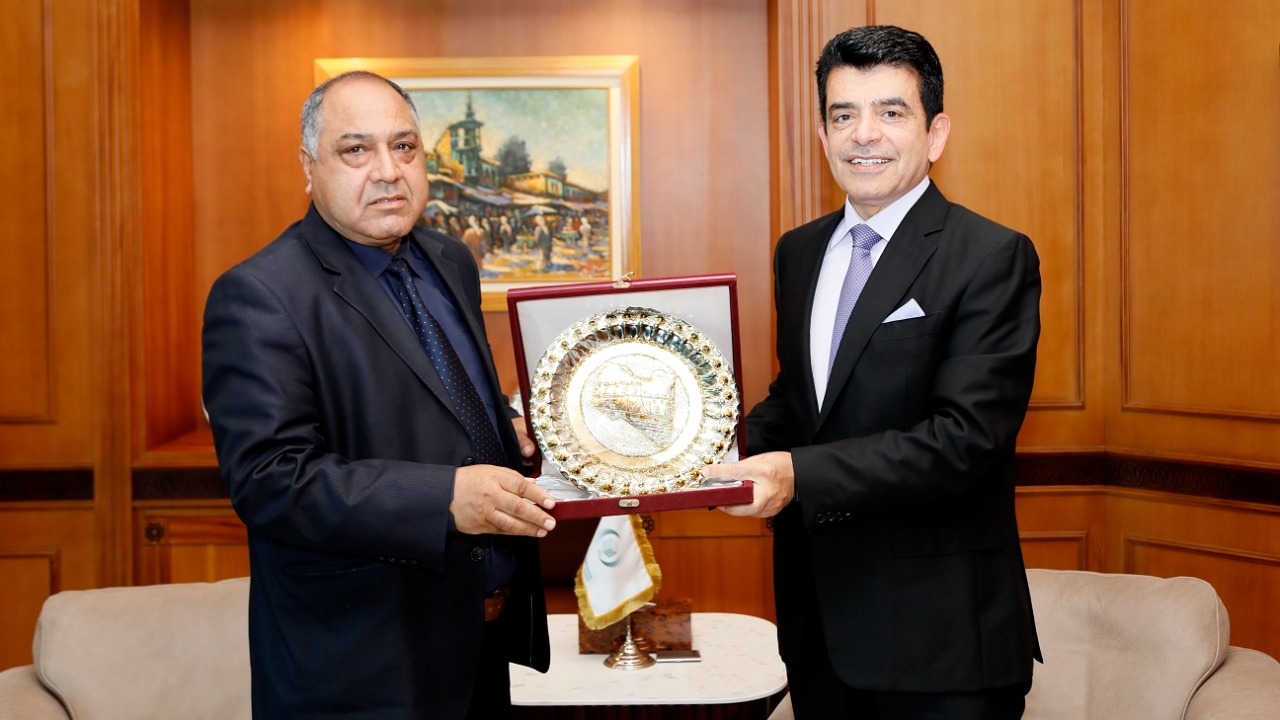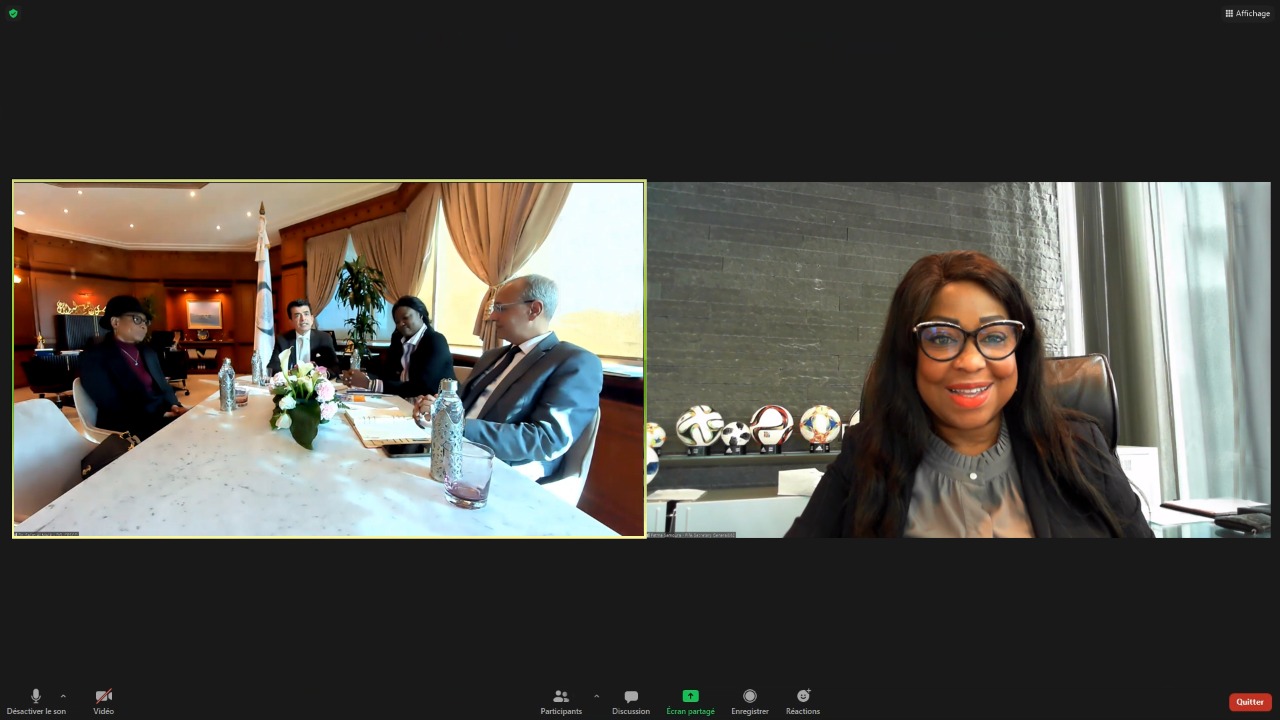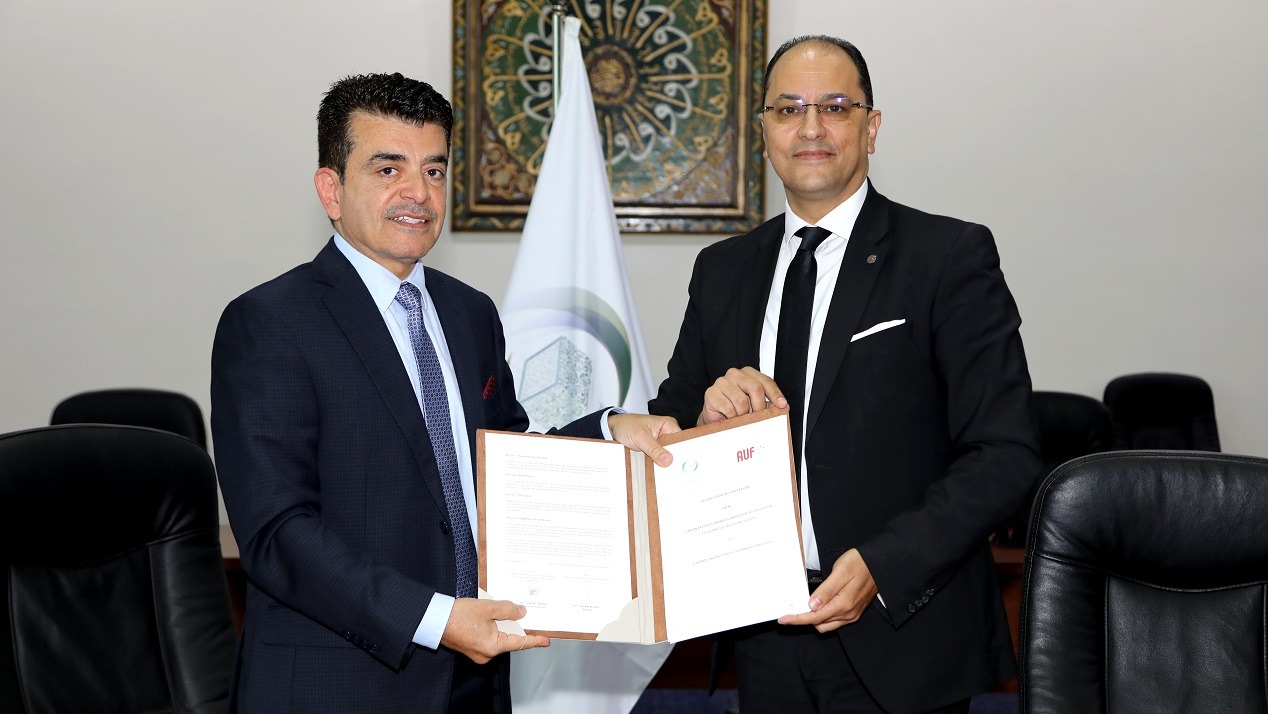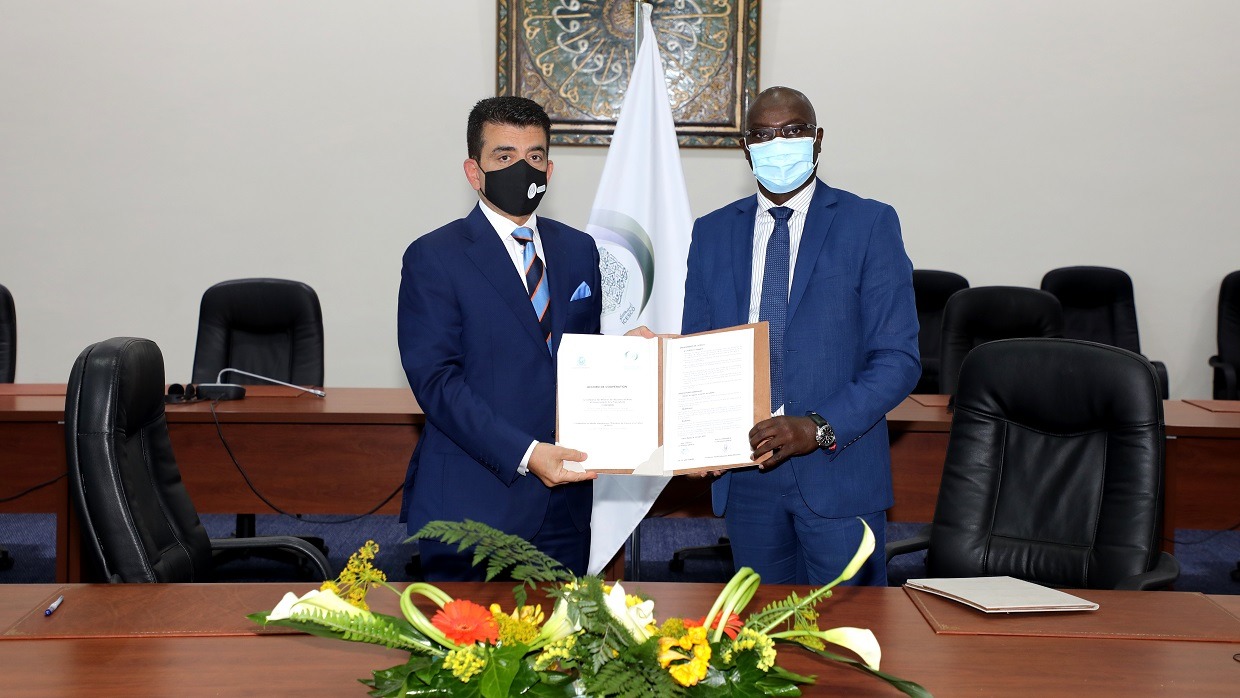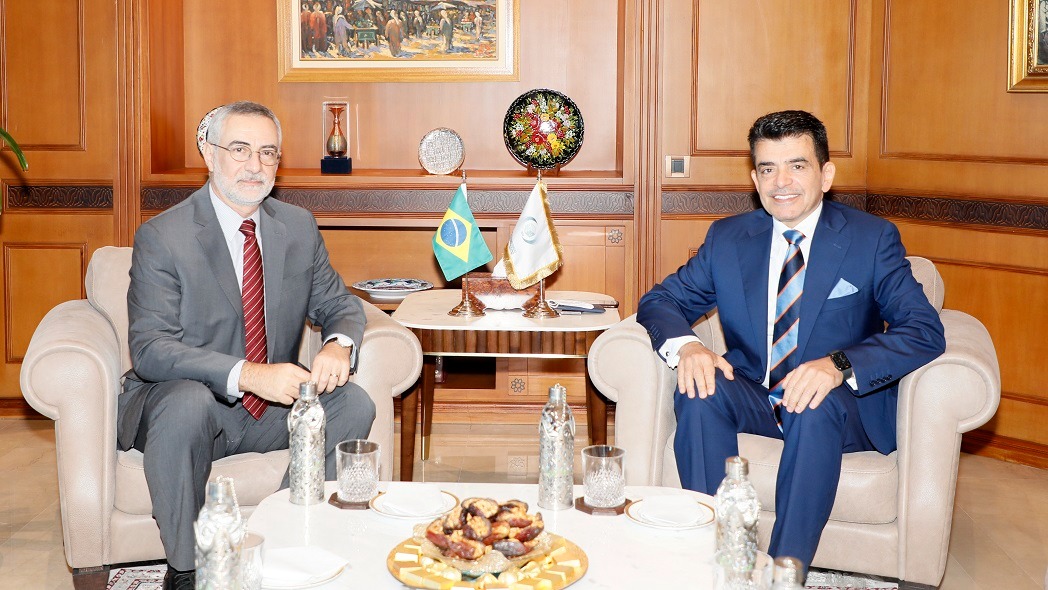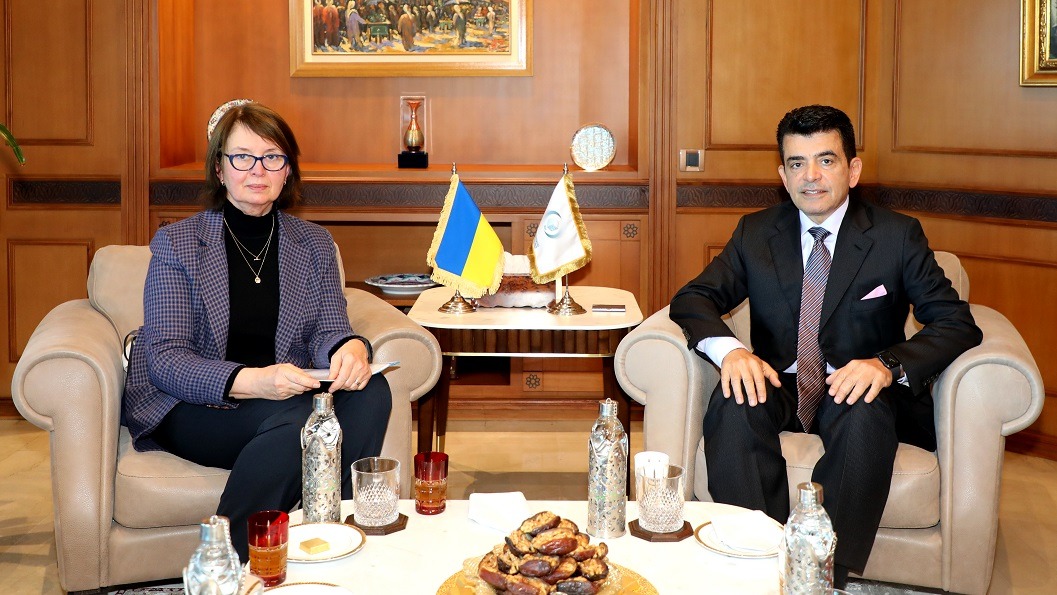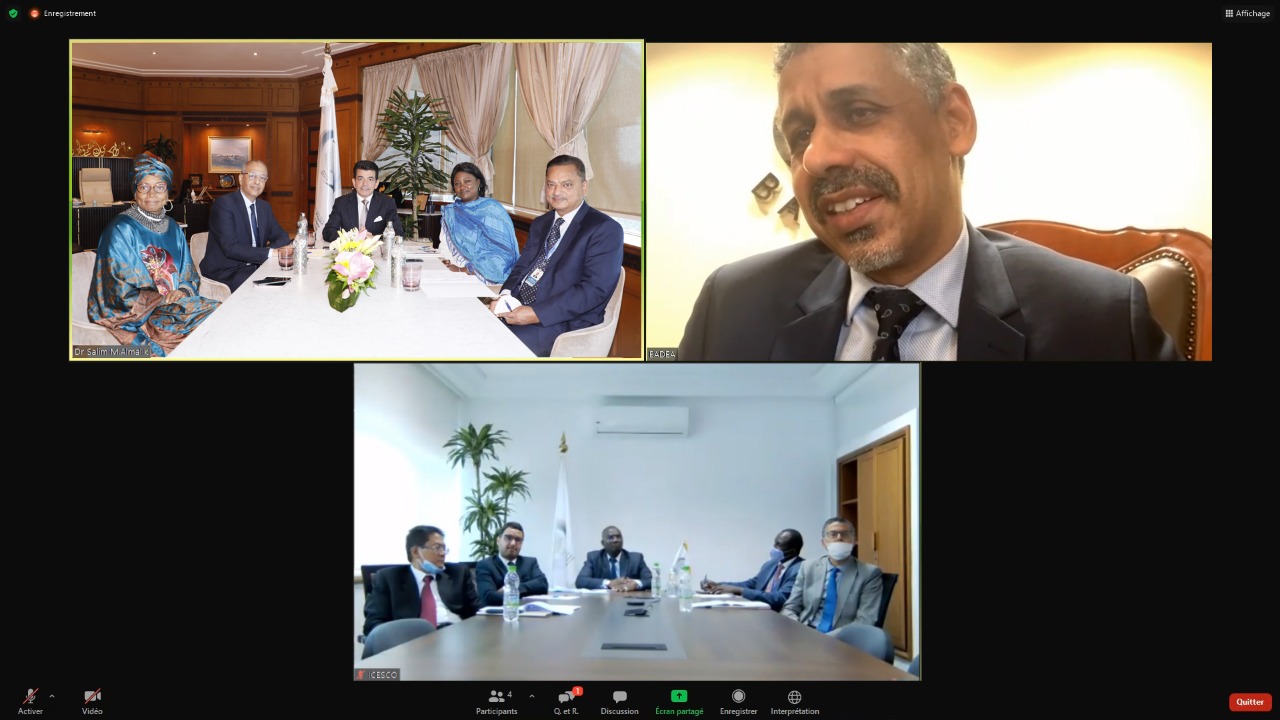The Islamic World Educational, Scientific and Cultural Organization (ICESCO) and Leibniz Institute for Catalysis (LIKAT) in Germany, signed today, April 16, a framework agreement on joint implementation of practical programmes and activities to promote scientific research and develop technology and innovation toward achieving sustainable development.

During a videoconference meeting, the agreement was signed by Dr. Salim M. AlMalik, ICESCO Director-General (DG), and Prof. Matthias Beller, Executive Director of LIKAT, in the presence of the head and experts of the Sector of Science and Technology at ICESCO and the Advisor to the DG for Partnerships and International Cooperation.
In his address at the signing ceremony, Dr. AlMalik reaffirmed the importance of ICESCO-LIKAT cooperation in fostering capacity-building and youth rehabilitation in ICESCO Member States through science and technology, providing the necessary platforms for the development of their skills, and acquiring and disseminating scientific knowledge in the Islamic world to achieve sustainable development.
ICESCO DG expressed his hope that the agreement would serve as a model and a prelude to more agreements and partnerships between ICESCO and LIKAT-affiliated institutes.

For his part, Prof. Beller expressed his satisfaction with the signing of the agreement that will enhance ties between ICESCO and LIKAT and support cooperation and knowledge sharing in the fields of science and technology. He added that this cooperation was a success in that it allowed for organizing a joint celebration in observance of the International Day of Women and Girls in Science under the theme “Narrowing the Gender Gap Starts with Science.”
The framework agreement provides for cooperation in organizing joint conferences, forums, and workshops on the continuation of higher education in the ICESCO Member States, cooperation in doctoral research in the field of “chemistry, catalysis, and sustainable technology” and joint support for a project on innovation in advanced technology.


